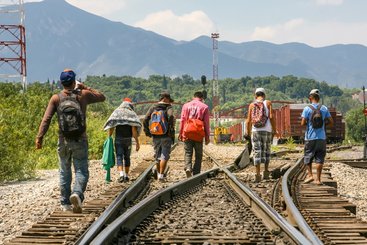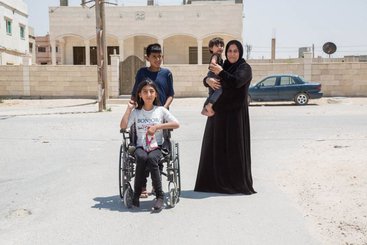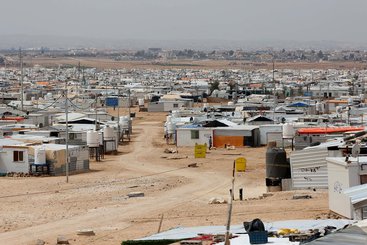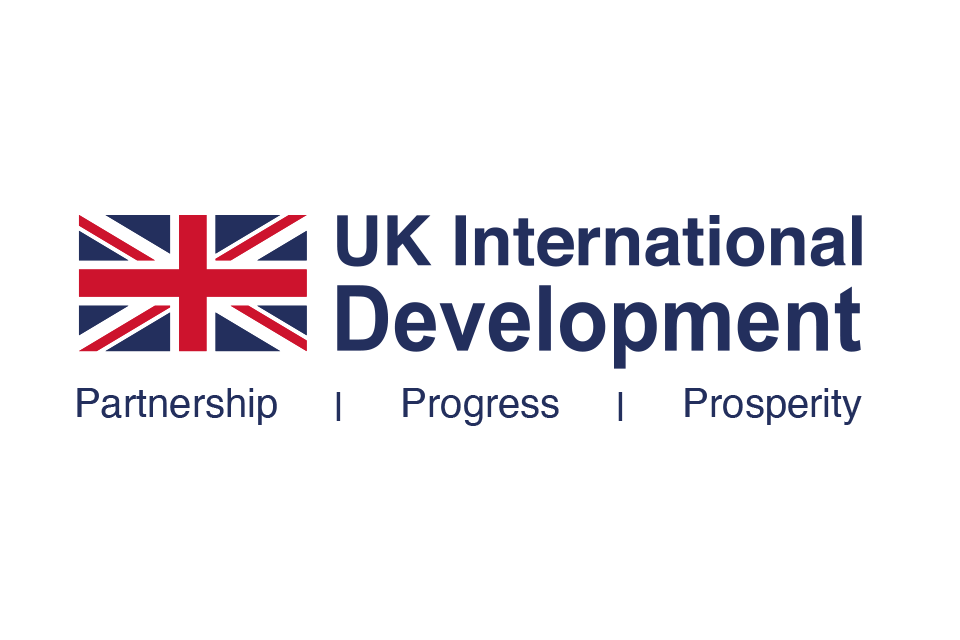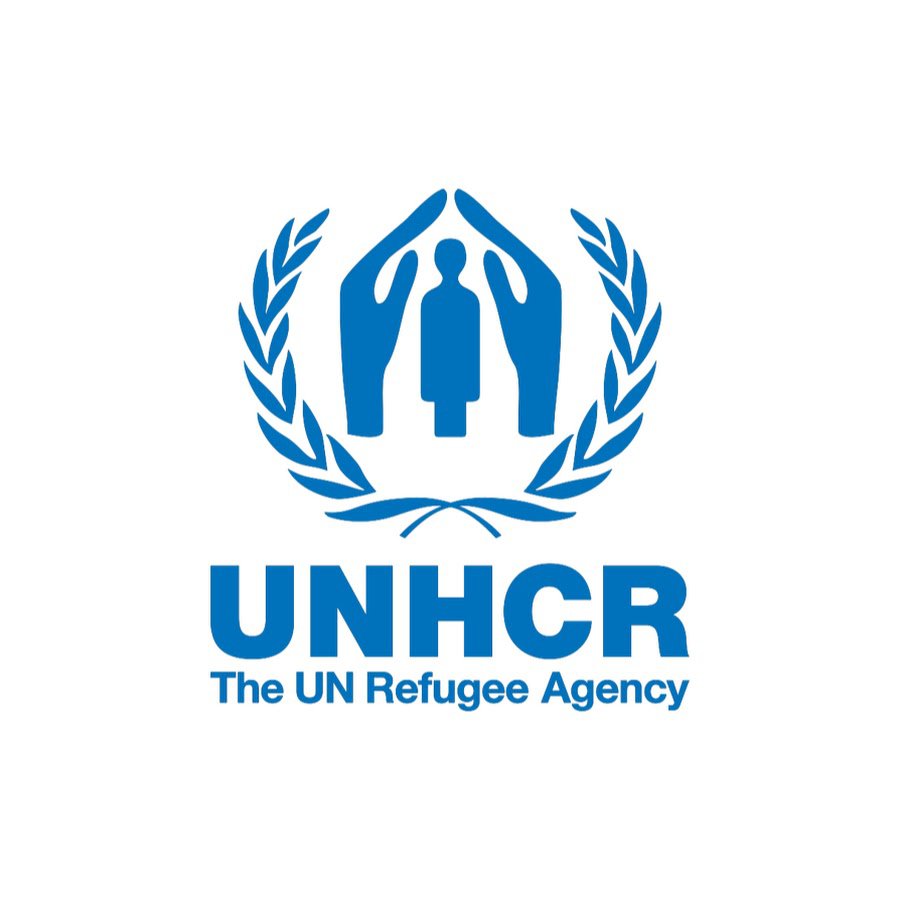
Social protection responses to forced displacement
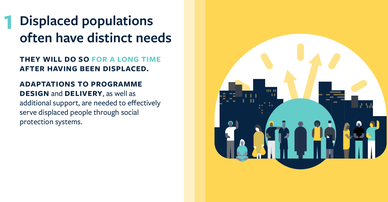
The increase in the total number of forcibly displaced people in the past decade and increasing duration of displacement has stretched the capacity of the humanitarian system to its limits and placed a heavy strain on the communities hosting displaced populations. Low- and middle-income countries host 85% of refugees and almost 100% of internally displaced people.
This has given rise to various initiatives to promote more sustainable and development-orientated solutions, which aim to adequately meet the needs of both displaced populations and their host communities. There is growing interest in the potential for humanitarian assistance to link with national social protection systems – the focus of this project.
The overall aim of this project is to better understand effective mechanisms for the integration of social protection programmes and humanitarian assistance. By providing clearer guidance about when, how and why different forms of integration might be considered, the project will develop the theory, evidence base and operational guidance on how social protection systems and humanitarian systems can work together to meet the needs of those affected by displacement crises, including not only the displaced but vulnerable households in their host communities as well. The research also aims to better understand whether and how a system that works together in this way can improve social cohesion between these groups.
Throughout the research we are guided by the need to provide practical programming and policy guidance to both national actors involved in social protection programming and international actors involved in humanitarian and development programming in situations of displacement.
The research will be grounded in three country contexts with a total of six study sites that present different contexts of displacement and humanitarian response: Greece (Athens and Ioannina), Colombia (Bogotá/Cúcuta) and Cameroon (Far North/East). These sites were selected to represent a spectrum/range of:
- Displacement contexts, covering both refugee as well as mixed refugee and IDP settings
- Camp and non-camp settings
- Rural and urban settings
- Countries with a range of income and human development levels
- Highly, moderately and less developed social protection systems.
ODI will work in close partnerships with local research teams in our three study countries:
- Centre for Applied Social Sciences Research and Training (CASS-RT) in Cameroon
- The School of Government at the University of Los Andes in Colombia
- National Centre for Social Research (‘EKKE’) in Greece
Other content
Our experts
View all-

Latest work
How can governments better support diaspora contributions to social, cultural and economic development? -

Latest work
Social cohesion in displacement: when aid actors should step back -

Latest work
Social cohesion in displacement: when aid actors should step back -

Latest work
Pathways toward digitalization in Social Protection and Labor (SPL) service delivery
-
Caterina Mazzilli
Research Officer
-
Heiner Salomon
-
Nathalie Both
-
Rebecca Holmes
Research Associate
-
Cécile Cherrier
Research Associate
-
Stephen Commins
Research Associate
-
Marcela Rubio
Senior Research Officer
